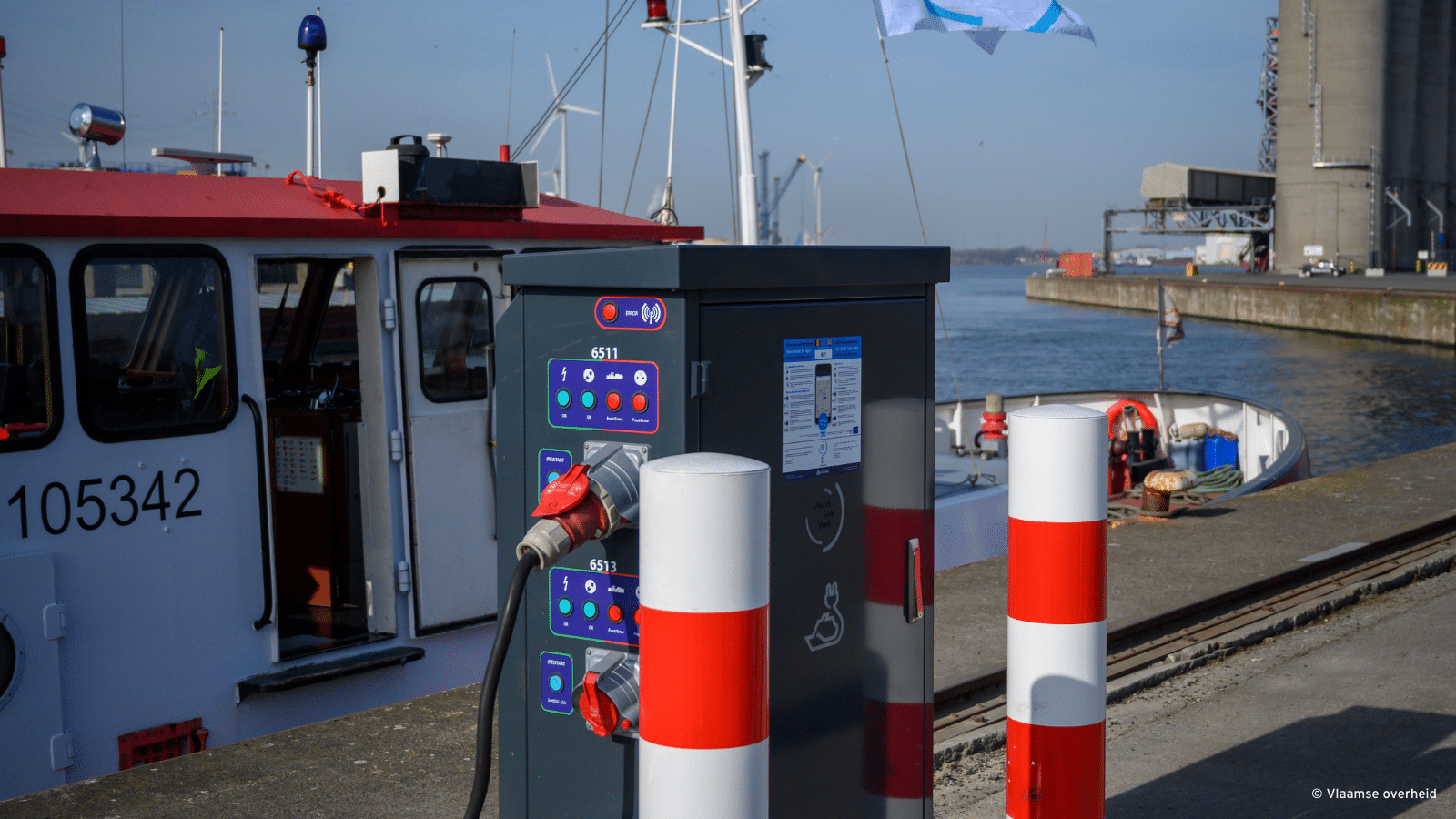
Shore Power in European Shipping

To achieve the 2050 climate goal, the logistics sector must focus on reducing its CO2 emissions. While sailing, ships generate electricity with their own generators, but unnecessarily running polluting diesel engines in ports burdens the environment. Byconnecting shipsdocked at the quayto the electricity grid,POM Limburg aims to bring about changes. Constructive European cooperation is necessary for this purpose.
Shore power
Shore power offers not only an environmentally friendly solution but also a quiet way for ships to dock. Ships can connect to the electricity grid at the dock and shut down their diesel engines to reduce environmental and climate impact. However, this is just a piece of the puzzle because in addition to power supply at the berth of a ship, propulsion of maritime and inland vessels is also crucial for a sustainable future of shipping.
Shore Power in European Shipping
Today, the implementation of shore power for inland shipping is still highly fragmented. However, collaboration in the logistics chain across borders is crucial. Therefore, POM Limburg is working within theInterreg North Sea Region project Shore Power in European Shipping (SPIES)with partners from Flanders, Denmark, the Netherlands, France, and Germany.
The SPIES project focuses on creating standards and protocols for shore power facilities and drafting policy recommendation plans to coordinate the rollout of shore power. In this way, the European partners are furthering efforts towards a climate-neutral logistics sector that aligns with the European Union’s green transition plans.
Project partners
- POM Limburg (Belgium)
- De Vlaamse Waterweg (Belgium)
- Provincie Limburg (The Netherlands)
- MCA Brabant (The Netherlands)
- Port of Aalborg (Denmark)
- Hafen Hamburg Marketing e.V. (Germany)
- Ports de Lille (France)